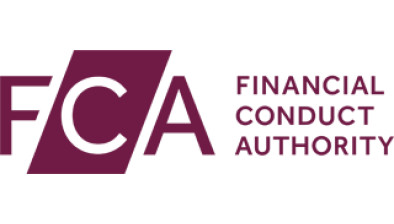FCA to consider allowing consumer credit firms to repossess goods from end of January
The Financial Conduct Authority (FCA) has proposed changing guidance on mortgages and consumer credit repossessions so that consumer credit firms will be able to repossess goods and vehicles from 31 January 2021.

In November 2020, the watchdog announced further support for mortgage and consumer credit borrowers experiencing payment difficulties as a result of coronavirus. This included guidance for firms on the treatment of mortgage and consumer credit customers facing repossession. This provided that firms should generally not enforce repossessions before 31 January 2021.
However, the FCA has urged that repossessions for consumer credit products this should only be as a last resort, and subject to complying with relevant government public health guidelines and regulations, for example on social distancing and shielding.
The authority has also said that firms will be expected to consider the impact on customers who may be vulnerable, including because of the pandemic, when deciding whether repossession of goods or vehicles is appropriate.
In regards to mortgages, the FCA has extended guidance that firms should not reinforce mortgage reposessions from the original date of January 31 2021, to April 1 2020.
This approach takes account of the worsening coronavirus situation and the government’s tighter coronavirus-related restrictions which mean that consumers could experience significant harm if forced to move home at this time as a result of repossession proceedings. We recognise that there are also government bans on evictions in some nations, which could also prevent firms from enforcing home repossessions.
The FCA has said that for customers who remain in payment difficulties under a relevant consumer credit agreement, continuing to restrict repossessions may not be in their interests. The shorter terms and higher interest rates on these agreements, combined with the depreciating value of the goods or vehicles, means that they could end up owing more in the long term if repossessions are prevented.
The FCA said that its approach takes appropriate account of the risks to customers of further asset depreciation, whilst providing appropriate protections by ensuring that firms repossess only as a last resort and also consider the impact of repossession action on those who are vulnerable, as well as following relevant government public health guidelines and regulations when undertaking repossession action.
The FCA is inviting comments on the draft guidance by 10am on 18 January 2021.










